A New Way to Look at Sustainble Filmmaking
The Future of Independent Film Production
Blauw Films

Those who know me, know about my infinite desire to succeed in the film-industry independently. To clarify, I fundamentally dislike the business model of the current film-industry.
As well as the gate-kept knowledge and resources that keeps widening the gap between industry professionals and newcomers.
From Freelancer to Independent Filmmaker
From working as a freelance Compositor (vfx) in the film-industry I encountered numerous extremely talented artists who were
- burned out by the system
- dreaming of making their own films
- stuck half-way up the ladder
Spend some time in the film industry and you'll hear fantastic stories of aspirations from a huge diversity of talent. Stay too long in the film industry and you'll see why most of these dreams never come true.
There are several contributing factors to the current grim state of the industry. Honestly there are too many (and each is nuanced) to cover in one post — but the most obvious ones are
- poor management in professional productions
- film education fails at teaching IP Monetization & Distribution
- over-reliance by creators on Soft Money (funds, grants, gifts)
- Return of Investment strategies that make traditional businesses scream
- severe case of "shiny object syndrome"
It truly became obvious to me that there was a problem with how the industry does business when I failed to explain the logic of the film industry to several large business owners.
During an interesting conversation with an executive at one of the leading manufacturers of electromechanical components he asked the following:
What are the ways filmmakers make money? - He said.
Well, you can work in the industry and get paid a good salary.
You can work as a freelancer or start an agency that works with clients.
You can make your own short film or feature film? - I said while thinking hard of the next example.
None of those sound like they make any money.
Except for that last one. - He carefully pointed out.
Really? You think so? But short films don't usually make money.
They are more of a stepping stone to a bigger project, or you can use them as a calling card to get into the industry. - I said confidently.
Anything you own makes money. How you make that money is your responsibility.
All the other examples sound like non-sense to me. - He said with a slightly annoyed undertone.
He was right.
Not me, I was wrong.
And unfortunately, so were most of the people I know.
Sustainable Film Production
Independent filmmakers have to do better.
If we want to see the dream projects we have in mind come true, we need to take responsibility over the sustainable side of film production.
Since that conversation Blauw Films has been in an ever-changing environment. We have been speaking with as many people as we can in the industry about the issues they are facing.
And we've slowly adjusted from a closed-source production company to an open-source film studio.
Over the years we've been working on an alternative business model for the film industry. From both a financing to a networking and profit-sharing perspective.
We want to keep our focus on developing our original projects and building relationships and collaborations with all of you.
About two years ago we decided to stop taking on client work, only accepting a handful of work from friends and collaborators. Except for that we just focus on Blauw Films.
Even though this has been the single best decision for the future of the company and us as artists, we can't say it has been great for revenue haha! But it was a risk worth taking.

And that's where the invaluable conversations with the folks at IBM comes in. While visiting their headquarters in Amsterdam during the winter of 2022, I was able to explain to them the struggles often faced by filmmakers.
Funnily enough they said that the film industry's short term winning approach is similar to that of many failed tech giants. And that filmmakers not building their own D2C (Direct to Consumer) distribution models for their original work are actively boycotting their own potential.
It's amazing how universal the language of business is.
IBM gave me the insights I needed for the future of the global economy.
They told me Ecosystems.
They told me OTO (Online to Offline).
They told me Build Together.
And they told me Go and Do it.
Conclusion
Syntactic Labyrinths is our first proof-of-concept short film for this model. It's still in pre-production but has managed to generate upwards of $10,000 on a budget of $4,000. Would I call this sustainable? Not yet.
The returns are still to low and risky. But with time we will perfect this model.
If you want to read through a written manual that includes a simple checklist of what to look out for during your production, check out the Sustainable Filmmaking Manual.
Learn how to prepare for the challenges of the creative economy in 10 simple chapters. Professionalize the filmmaking process and produce independent films with partners, audience, distribution and return of investment in mind from the very beginning.

Honestly, thank you all for being a part of the Blauw Films community in any shape or form. Your involvement is what makes all of this possible :)




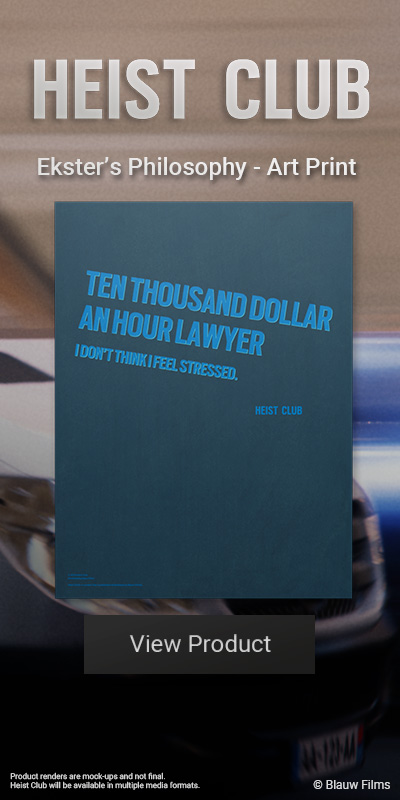
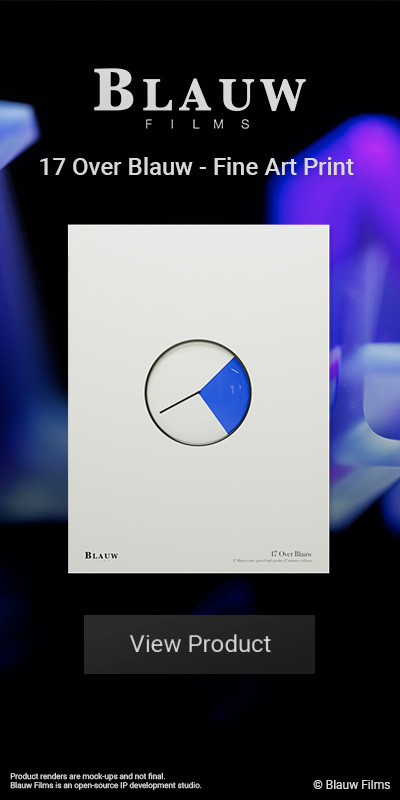







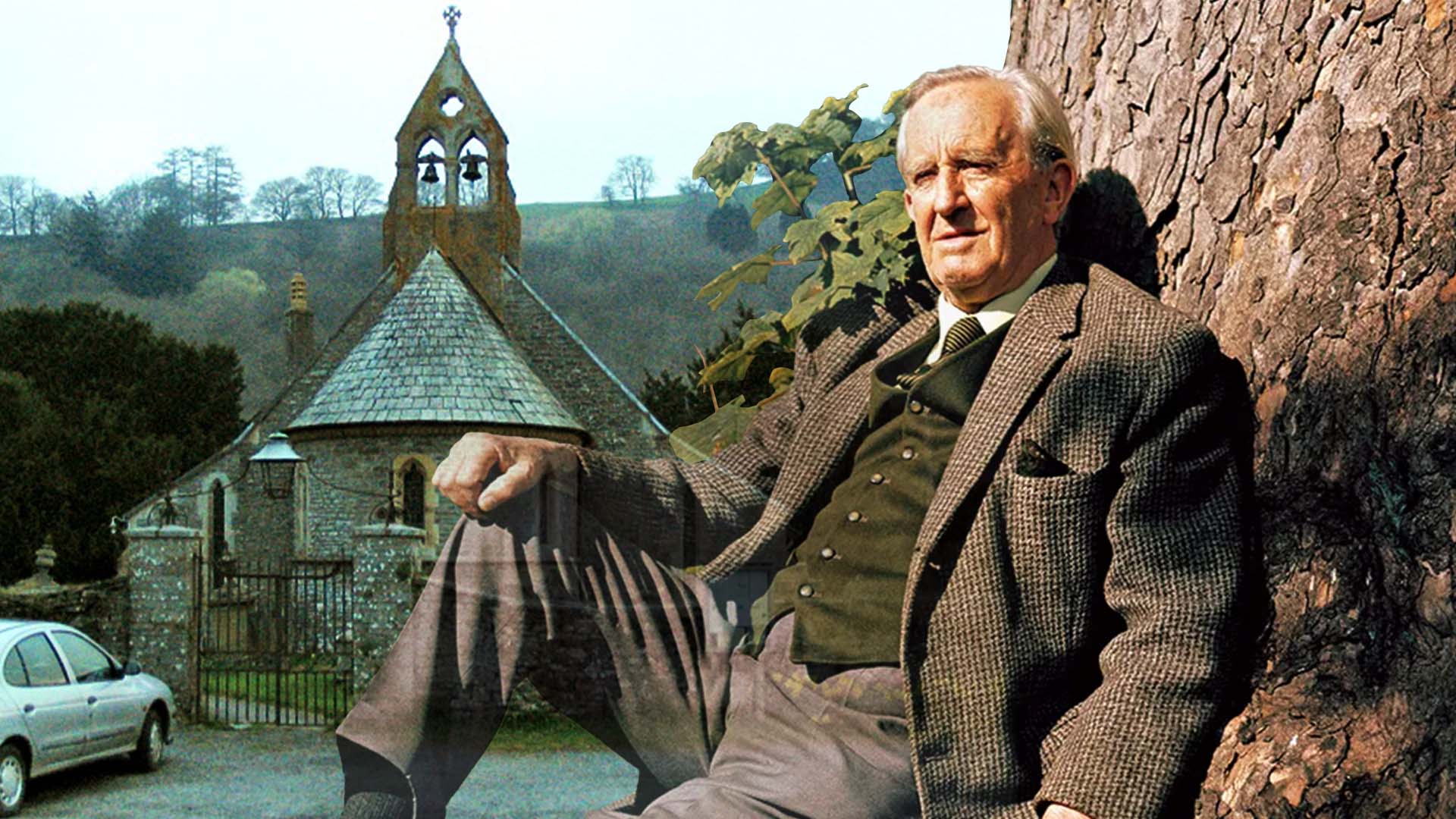


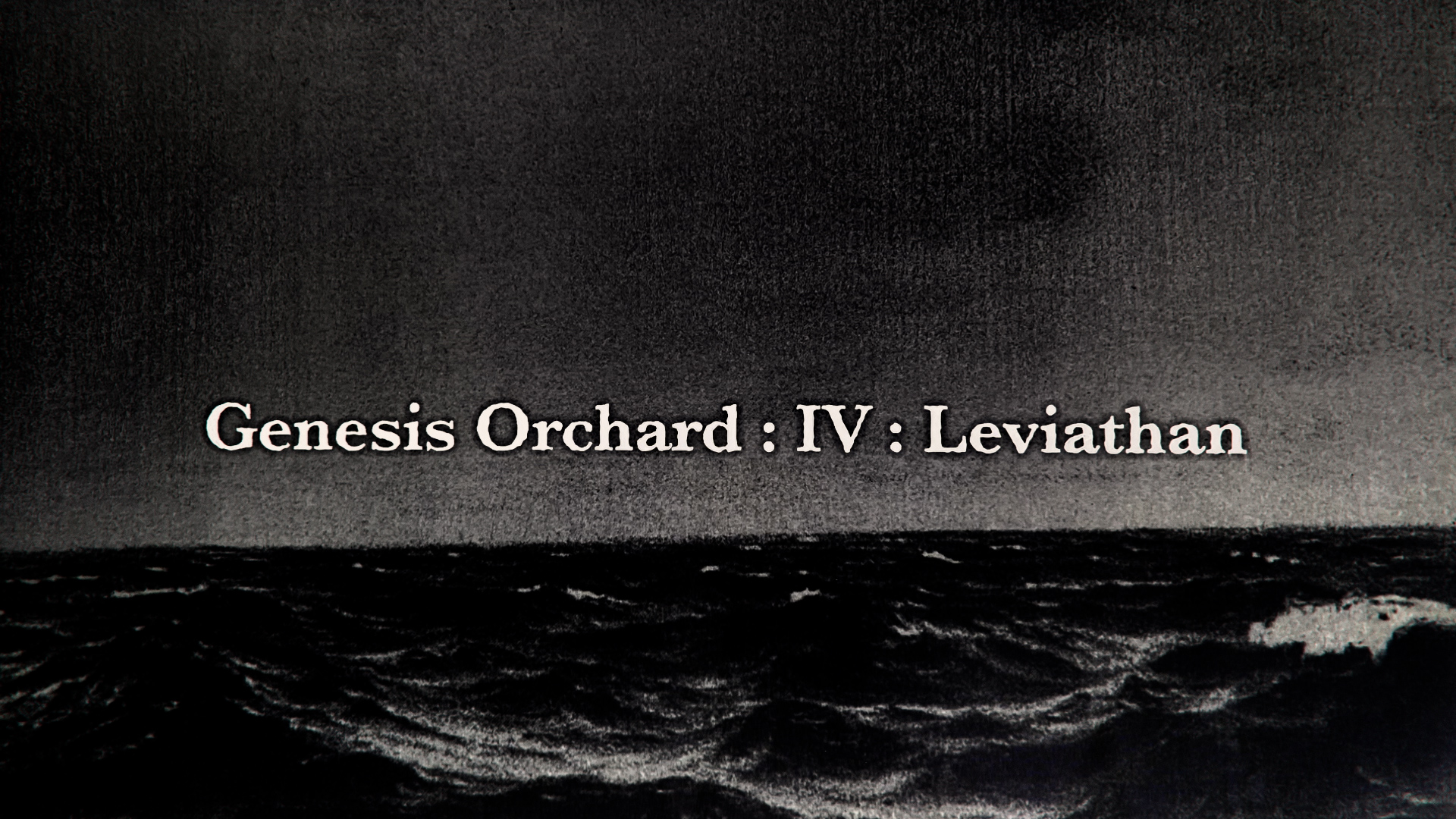



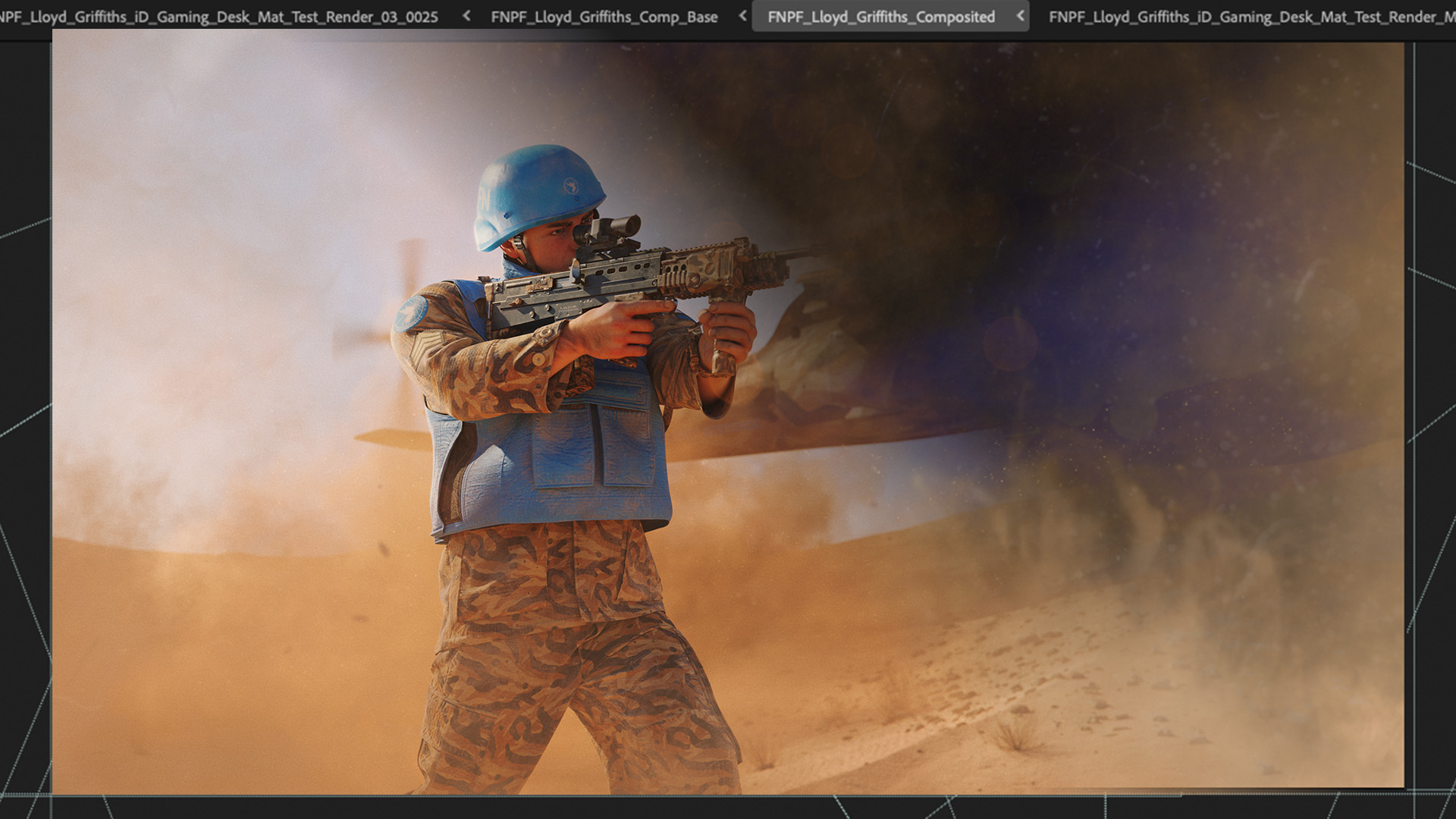

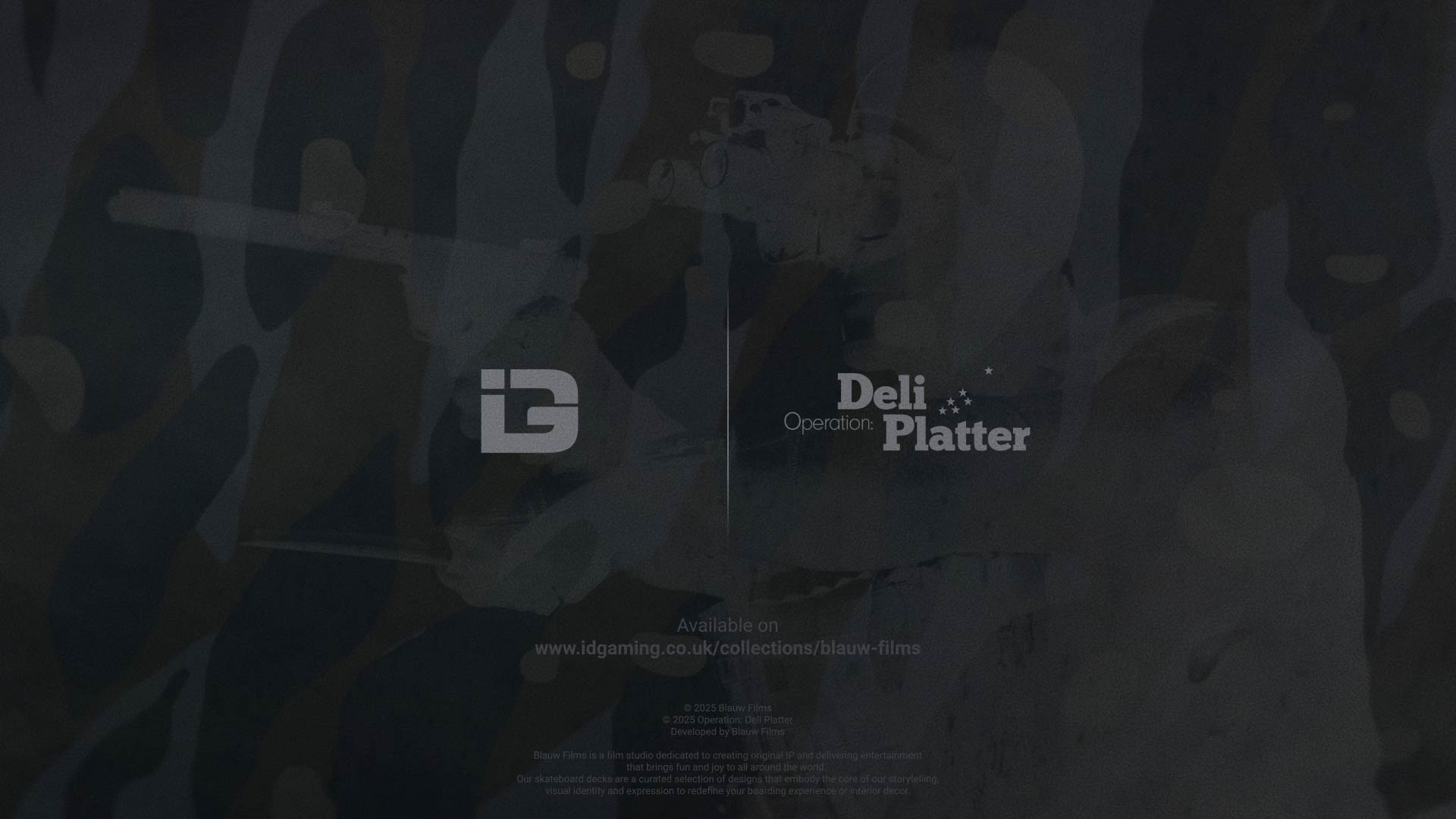









%20by%20Ivan%20Aivazovsky.jpg)






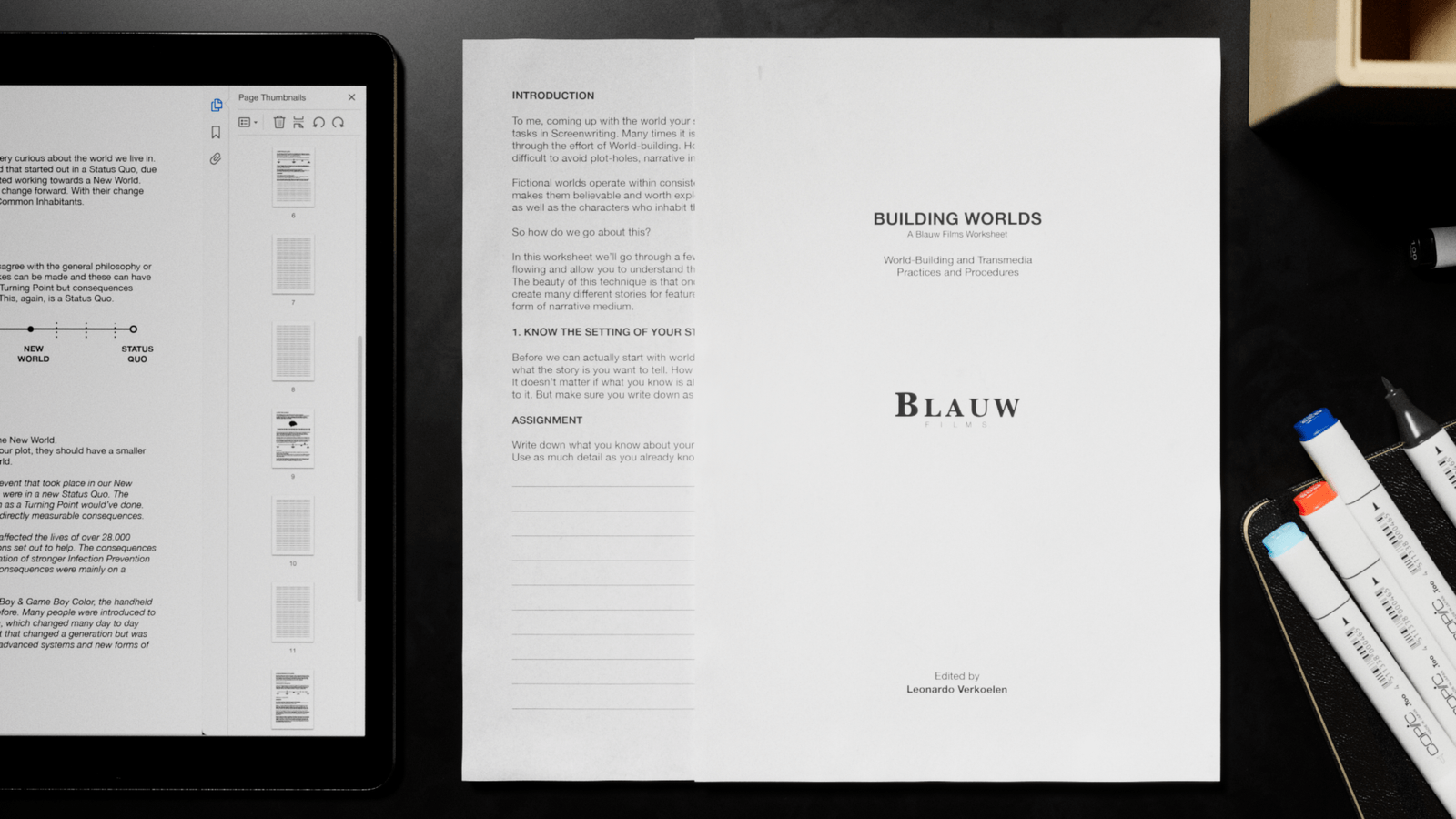








































































0 Comments